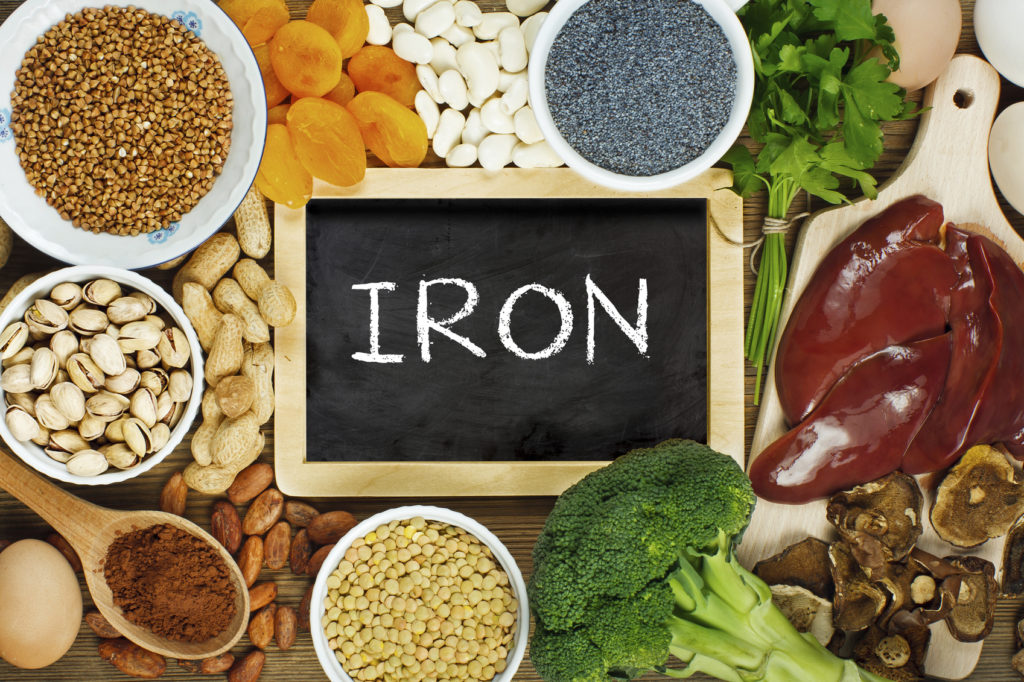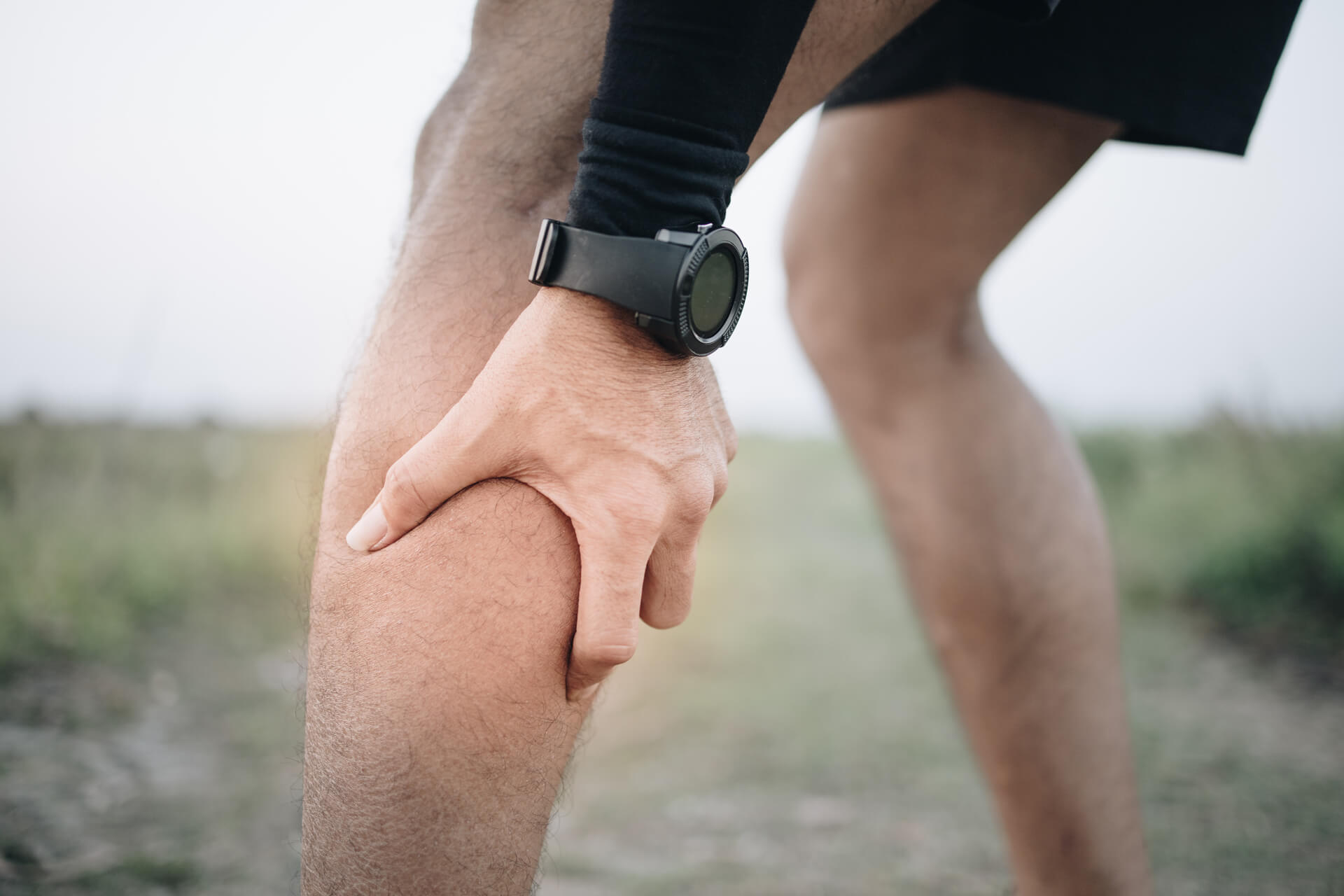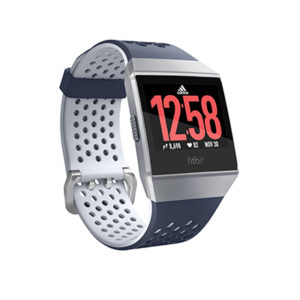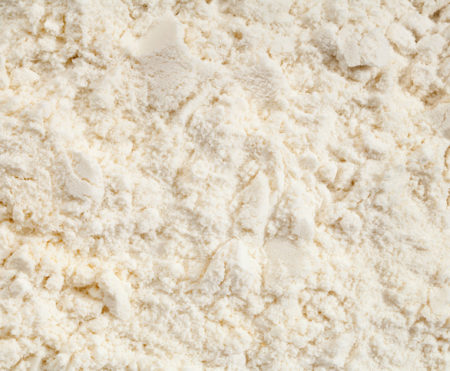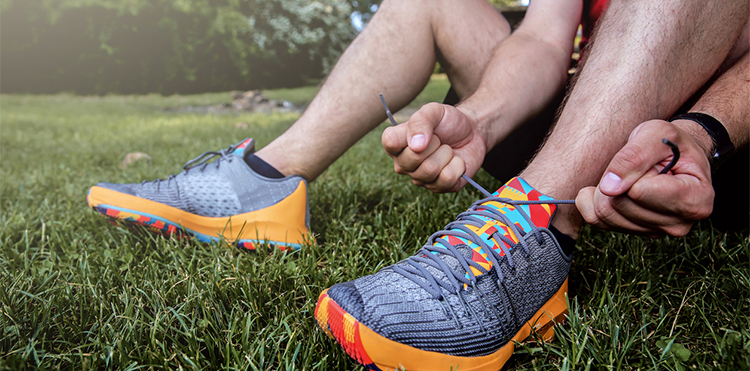Iron is essential in everyday diets, but it is particularly important in the diet of endurance runners.
Iron is a functional component of haemoglobin and myoglobin, two proteins that are responsible for the transport of oxygen in our body. Performance in endurance running heavily relies on the delivery of oxygen to the working muscles and therefore deficiencies and losses of iron can significantly impair performance. Not only does iron play a key role in oxygen transportation, but it also has other roles that are important for runners.
Firstly it plays a key role in the immune system. This is extremely important for athletes as it is not uncommon for them to be more susceptible to illness due to their high training demands. Furthermore, iron also helps with thyroid metabolism and neural function.
Our body stores about 3-5g of iron and the average person loses 1-2mg per day. However, these losses are exacerbated through exercise for a variety of reasons meaning that runners may need more. Firstly, losses can occur due to dehydration and urine production. Secondly, and more specific to endurance runners, iron losses can occur through a process called hemolysis. This is when red blood cells are damaged and burst as a side effect of high impact exercise. As iron is transported in red blood cells, when they are damaged and burst, iron levels are also affected. This is why it is not uncommon for long distance runners to suffer from an iron deficiency.
Iron levels can be boosted in a number of ways. Firstly, you can try increasing your intake of iron rich foods. Some good examples include:
- Spinach
- Red meat
- Poultry
- Beans
- Broccoli
- Seafood
However, the iron delivery and absorption from foods is variable and we don’t always get the amount that we need. Therefore a great way to boost iron levels and avoid deficiencies is through an iron supplement such as the Etixx Iron Absorption +. This contains 25mg of iron bisglycinate, as this is the form of iron that has the highest rates of absorption, bioavailability and stability. If you’re considering taking an iron supplement, you might want to think about when you take it as well. New research by Peeling and colleagues, (Peeling, P., Dawson, B., Goodman, C., Landers, G., & Trinder, D. (2008). Athletic induced iron deficiency: new insights into the role of inflammation, cytokines and hormones. European journal of applied physiology, 103(4), 381-391.) has shown that exercise can have a negative effect on iron absorption and therefore you should take it separate to your exercise time. For example, if you’re a morning exerciser, take it in the evening and vice versa.
Another time you may want to think about iron supplementation is if you ever find yourself training at altitude (or in an altitude chamber), something which is becoming increasingly popular with endurance runners. When training at altitude, studies have shown that iron supplementation can cause a significantly higher increase in hemoglobin compared to iron supplementation or altitude training alone. In turn, this increase in haemoglobin will increase the oxygen carrying capacity of the blood and can optimise endurance performance. If you’re thinking about training at altitude, consider a supplement before and during your training schedule.
Charlotte Kennedy is sports nutritionist at Etixx. For more info, see etixxsports.com

